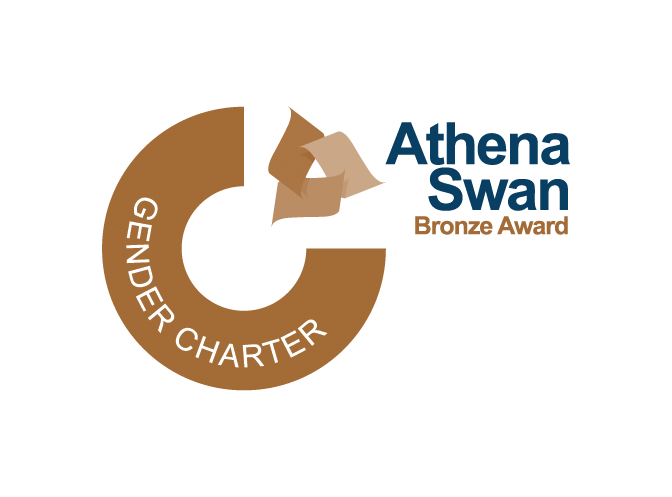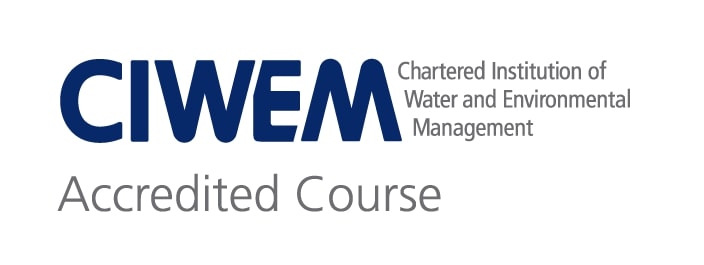Evan DeLucia: We're already seeing the effects of climate change this isn't a future scenario.
John Shepherd: More floods more droughts these are the things that are likely to impact people more than just simple change in the average temperature.
David Beerling: And the only way that we're really going to ameliorate that is to phase down our fossil fuel/carbon dioxide emissions and couple that approach with techniques that capture carbon.
Rachel James: We can reduce our fossil fuel emissions, but actually that's not going to be enough. We're going to need to actively take carbon dioxide out of the atmosphere as well.
Evan DeLucia: So the Leverhulme Centre has received considerable funding from the Leverhulme foundation to try to address one of the grand challenges facing society today - which is how to mitigate the rapid change in the climate system caused by human activities.
Nick Pidgeon: The technique we're looking at is called “enhanced weathering”. It's a process
whereby you spread mineral rocks on agricultural land.
Rachel James: The centre is specifically going to be looking at whether by applying a basalt fertiliser, instead of the normal nutrient fertilisers, to agricultural crops; we can use that as a way of taking carbon dioxide out of the atmosphere.
Steve Long: We could accelerate the natural sequestration of carbon that occurs in geology when silicate rocks are digested and carbonate rocks form.
Jonathan Leake: At the same time, the rock dust acting as a fertiliser on the land and improving crop production and crop protection against pathogens as well. Effectively addressing both the questions of global environmental change from climate change, but also in terms of issues of sustainability of food production soil sustainability.
David Beerling: So the bottom line could be, that we could fertilise the crops with rocks, farming with rocks if you like, but at the same time reduced our agrochemical usage of fertilisers and pesticides. And, of course, that lowers the cost to the farmer and potentially could lower the cost of food production.
Assoc Paul Nelson: So the centre was set up to test this idea on a big scale - in different environments, different parts of the world, different cropping systems. So it's very broad in terms of the people who are involved but it's quite focused in that it's testing one particular idea really thoroughly.
David Beerling: We have Theme One - the Earth System Science theme; Theme Two - Experimental Science; Theme Three is Applied Science and Theme Four is Society and Sustainability.
SC Lenny Koh: Without this sort of approach, I don't think this sort of huge societal challenge can be addressed, so it has to be a collaborative effort.
Sir David Reed: Each of the specialisms bring their own highly honed and individual levels of expertise to what is a complex and multifaceted question.
Nick Pidgeon: Scientists can think up good ideas in the laboratory, but there's always a test of public acceptability that has to be made.
Neil Edwards: To understand the context of whether it makes sense to do enhance weathering, you've really got to look at a couple-problem that connects the natural system dynamics to the social system dynamics and have a model for the whole thing.
Steve Long: What we have to do, and what the lever human project is doing, is looking at ways we can do this which will be economically feasible.
Oliver Morton: Responding to climate change is one of the most complicated and one of the most long-term projects humanity has ever undertaken.
Evan DeLucia: We're going to manage this challenge it's going to involve new policies, new laws, and new ways of behaving.
Sir David Reed: We have to think not of ourself, that in itself is a challenge for human being, we have to think of future generations.
Nick Pidgeon: This research programme is one part of the effort that has to be made to deal with climate change.
John Shepherd: It's a bit like trying to avoid a supertanker hitting the rocks, you have to start turning away very early on because, if you leave it too late, it becomes impossible.
Rachel James: We can do something, but we need to start now.
Steve Long: With mitigation and adaptation, we can provide a future.
Oliver Morton: And it involves becoming, as it were, part of the geology of the planet and that's what this project looks at. It looks at how to use geological processes that we've studied in the abstract and in the past - how to actually bring them under human control and use them for the stewardship of the planet in a way that benefits everybody.
.jpg)



